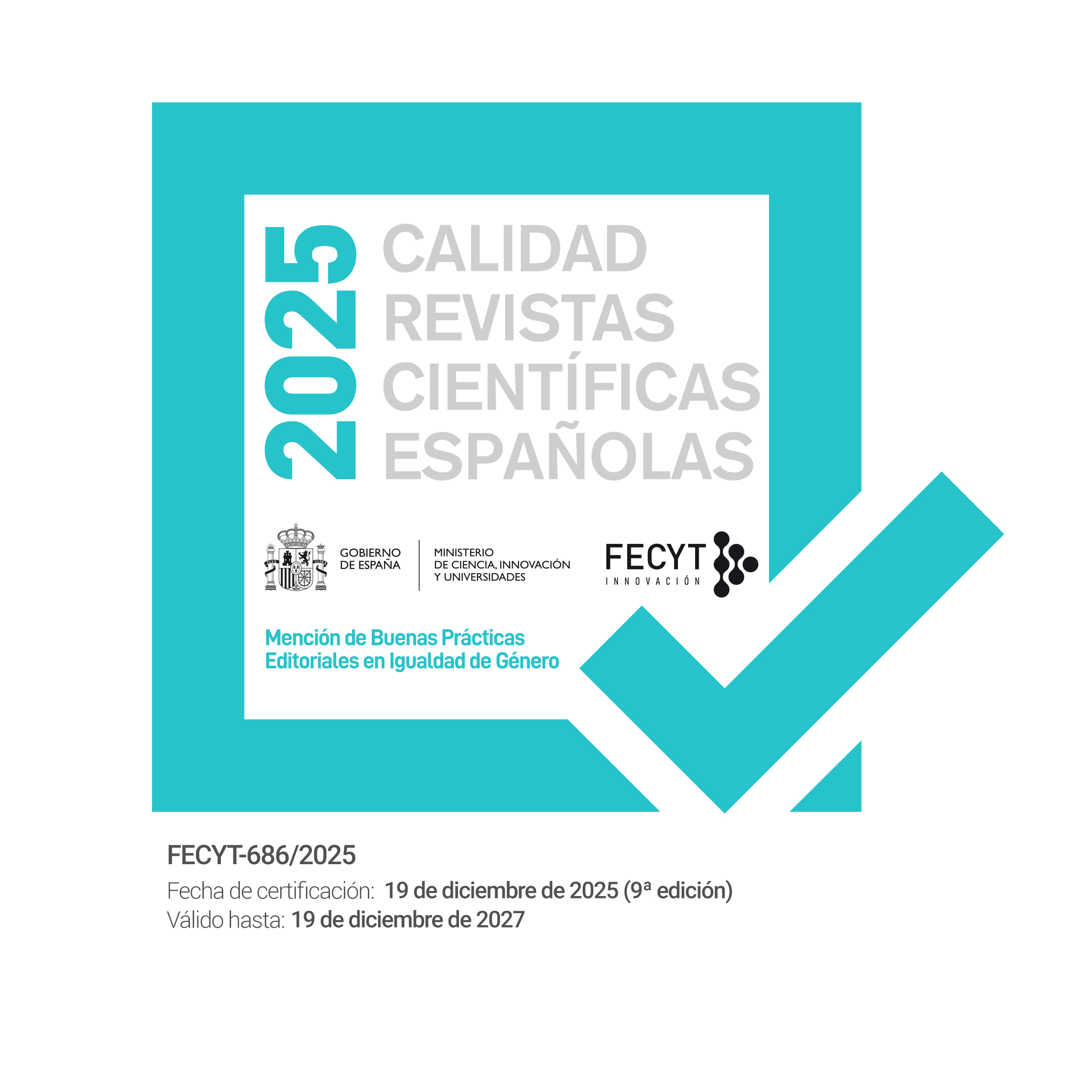Social Mobility and Job Satisfaction in Spanish Migrant Population in Germany
DOI:
https://doi.org/10.55414/tnscb263Abstract
This article analyses social mobility and job satisfaction (JS) in immigrants, considering his burnout at work and other labour characteristics. In a sample of 200 migrants in Germany from different parts of Spain results for men and women and for groups with different social and educational characteristics are compared. The evaluated variables are: social mobility, job satisfaction, burnout, job characteristics and labour adjustment. The results show that women and men have similar levels in JS, cynicism and exhaustion; more men are perceived self-efficacy. The lower classes and workers with lower incomes scored least in JS and efficacy. Cynicism, self-efficacy, overqualification and job characteristics predict both extrinsic JS (50.2%) and intrinsic (58.2%). This study contributes to the understanding of the current labour situation of Spanish workers in a European country.Downloads
Download data is not yet available.
Downloads
Published
24/04/2017
Issue
Section
Research articles
License
Copyright (c) 2017 APUNTES DE PSICOLOGÍA

This work is licensed under a Creative Commons Attribution-NonCommercial-NoDerivatives 4.0 International License.
How to Cite
Moreno-Jiménez, P., Vallejo Martín, M., & Ríos Rodríguez, M. L. (2017). Social Mobility and Job Satisfaction in Spanish Migrant Population in Germany. Apuntes De Psicología, 35(1), 35-44. https://doi.org/10.55414/tnscb263



























